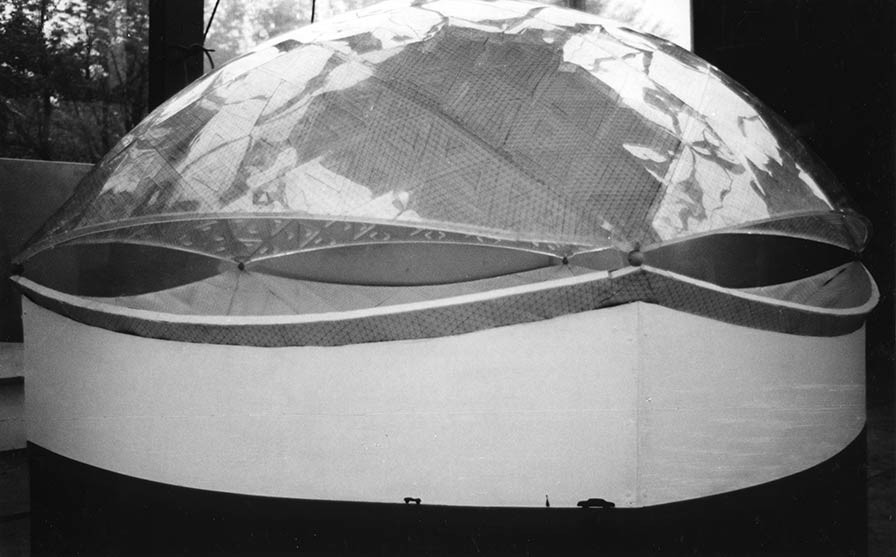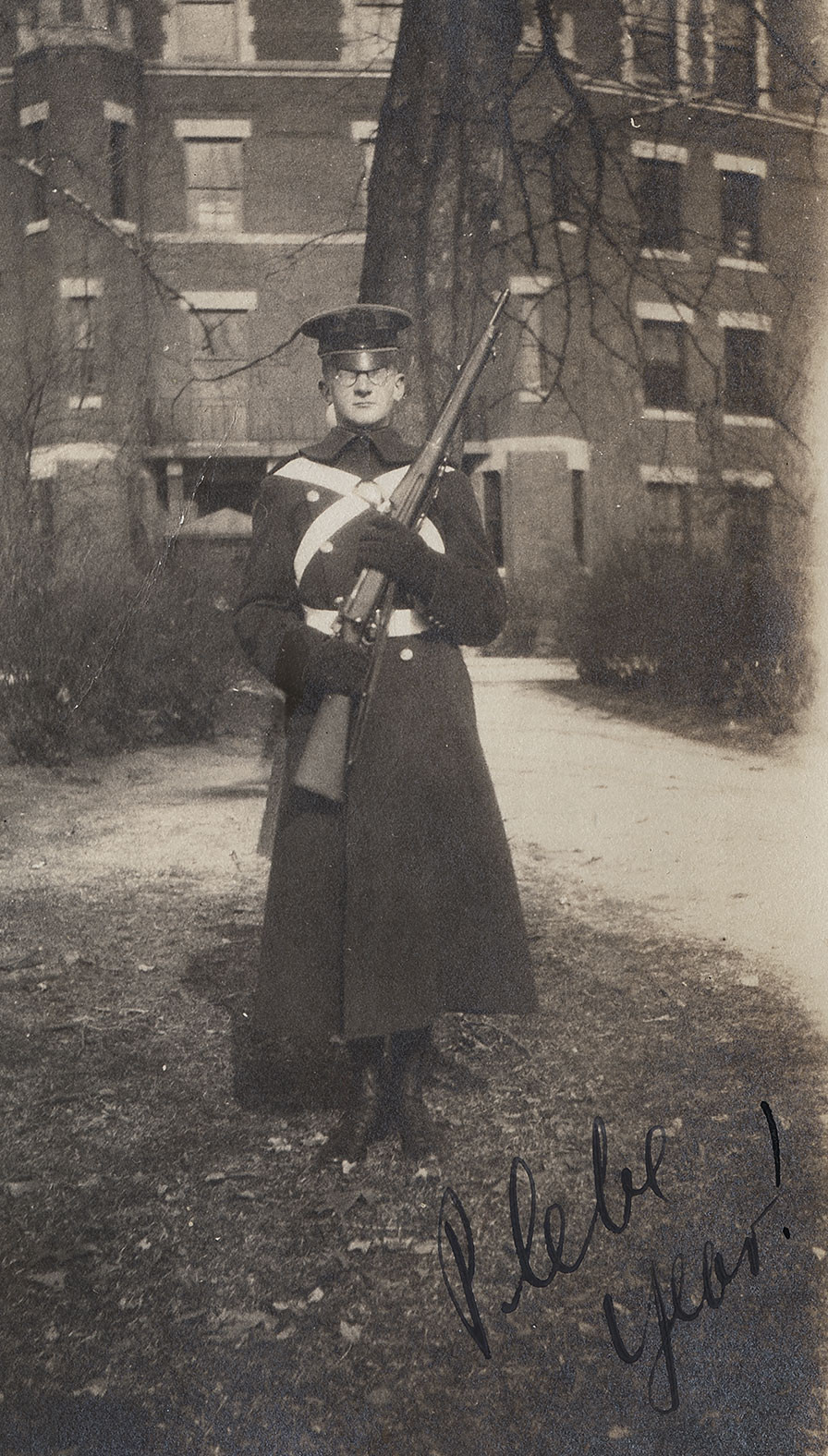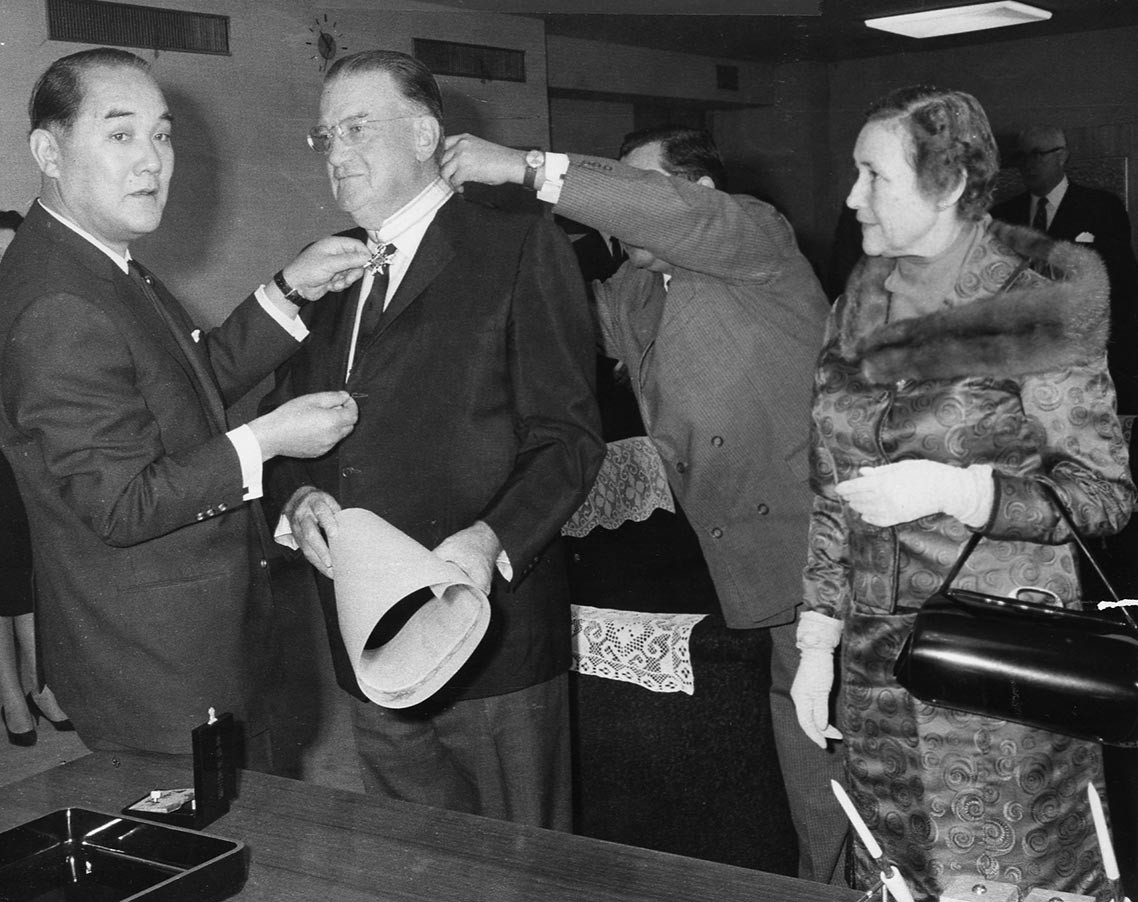This Day in Walter O’Malley History:
-
At the National League owners meeting in New York, Walter O’Malley proposes establishing a pension fund for umpires, with the players to contribute two percent of the 60 percent they get for their pension fund and the clubs making a similar payment. O’Malley also proposes that the “Game of the Week” telecasts on Saturdays should be sold to sponsors across the country, with the minor leagues to receive half of the revenues as a grant-in-aid. The Sporting News, February 15, 1956
-
Albert H. Schroeder, archeologist for the United States Department of the Interior, writes to Walter O’Malley after learning the Dodger President wants to build a domed baseball stadium in Brooklyn. “This project of yours interests us very much as the National Park Service has a monument in southern Arizona which contains a four story architectural structure that is unique in the Southwest. We have been planning to incorporate it in some type of enclosure to keep the elements off. This monument is located in southern Arizona and the prehistoric building involved is made of caliche, a type of mud that is common in the desert. It was built by the Indians around 1300 A.D. and was found in a state of ruin by the Spaniards in 1694. Since that time the upper portions of the exposed walls have gradually deteriorated. When the National Park Service took over the administration of this area a large metal roof was placed over the structure in an attempt to keep the rain and direct rays of the sun from the major part of the ruin. This roof has proved to be unsuccessful although it has slowed down deterioration of the walls. For this reason we are very much interested in your project, and would appreciate having the benefit of your reaction both to your proposal to cover the stadium with a plastic material...as well as any comments or suggestions you may have to offer in connection with our project of enclosing this prehistoric structure with a plastic dome. Probably you will be interested in knowing a short distance away from this structure there is a prehistoric ball court which dates between 900 and 1150 A.D. This game was introduced to the Indians of southern Arizona from Central America, possibly as early as 700 A.D.” O’Malley responded to Schroeder that he forwarded a copy of the letter to inventor and geodesic dome designer R. Buckminster Fuller, who might be able to consult on the project, since his translucent domes had already been approved by the U.S. Marine Corps.
-
Los Angeles Times columnist Sid Ziff meets with Dodger President Walter O’Malley for an informal discussion. O’Malley talks of the importance of air conditioning for baseball stadiums and how Candlestick Park in San Francisco would benefit from a dome stadium. O’Malley tried to build a dome stadium in Brooklyn before moving to Los Angeles. “The strange thing is that I landed in the one place in the world where you don’t need a dome. I would have invested in a dome had the Dodgers moved to San Francisco, Texas, or Montreal. This is one place where it is surely not needed.” Sid Ziff, Los Angeles Times, February 4, 1962
-
On the invitation of Major General Delmar T. Spivey to become a member of the Advisory Committee for Culver Military Academy in Culver, Indiana, Walter O’Malley accepts the post. O’Malley graduated from CMA in 1922.
-
Walter O’Malley receives a letter from the Private Secretary to Prime Minister Eisaku Sato of Japan thanking O’Malley for a message of congratulations on the success of the Liberal Democratic Party in recent elections. Prime Minister Sato presented O’Malley to Emperor Hirohito at the 1966 Japan-Dodger Series. Sato won the Nobel Peace Prize in 1974.
-
In correspondence to Thomas Reddin, new Chief of Police for the City of Los Angeles, Walter O’Malley congratulates him and pledges, “It will be pleasant to work with you and your Department and you shall have every cooperation from us.” Reddin responds with a letter to O’Malley on February 18, 1967, “In the months and years ahead, there will be many serious problems. In combating those problems, your assistance will be invaluable.”




